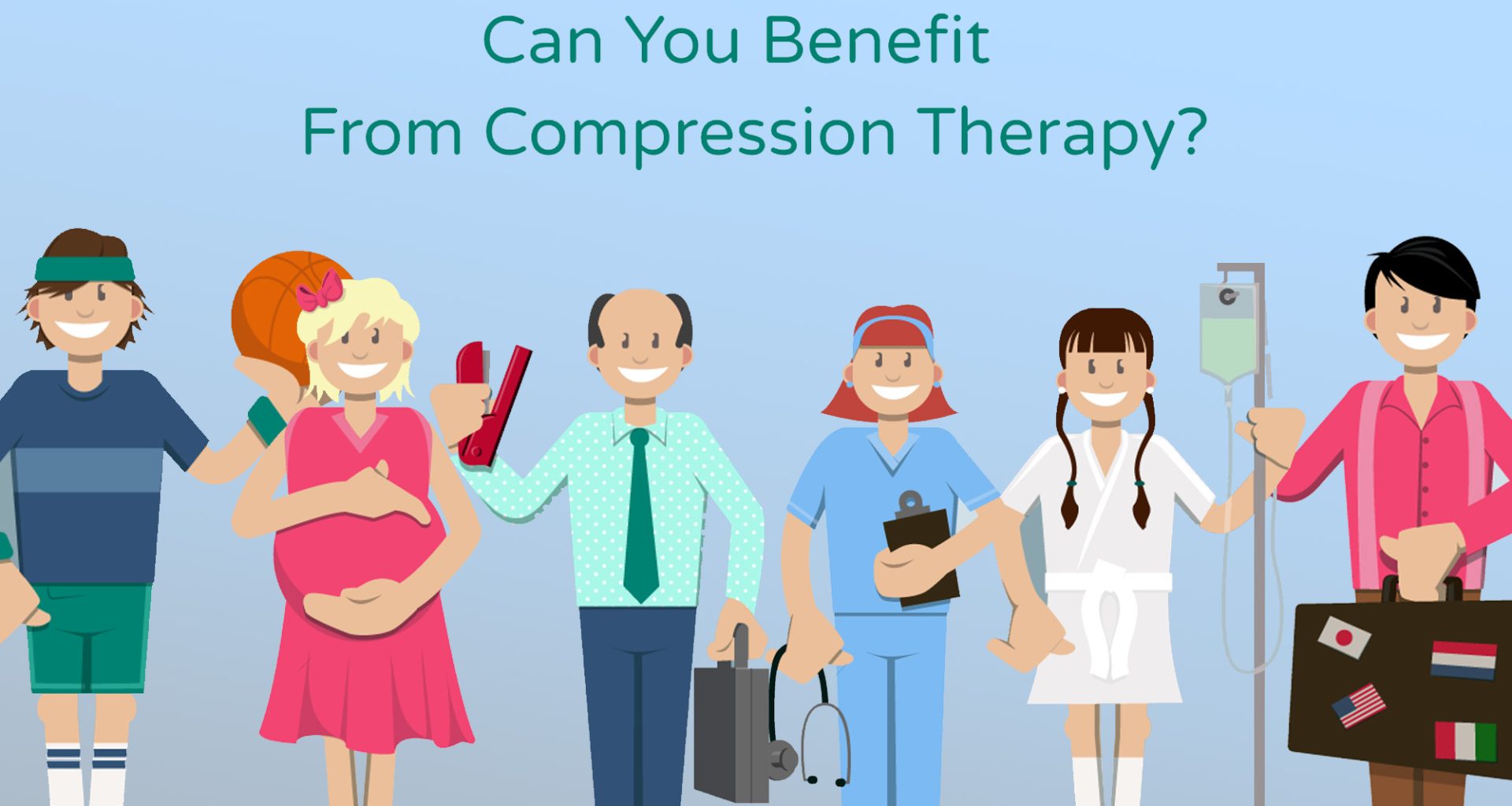Compression therapy is a well-established treatment for lymphedema and other medical conditions, but did you know it can also benefit people without a formal diagnosis? Whether you’re an athlete, have a job that requires long hours of standing or sitting, or simply want to improve circulation, compression therapy may be a game-changer for you.
This therapy works by applying gentle, consistent pressure to the limbs, promoting better blood flow and reducing swelling. While many associate compression garments with medical needs, their benefits extend far beyond. Here’s a closer look at who can benefit from compression therapy and why it might be worth considering for your lifestyle.
1. Individuals with Circulatory Issues
Compression therapy is highly beneficial for those experiencing poor circulation, varicose veins, or chronic venous insufficiency. The gentle pressure from compression garments helps prevent blood pooling, reducing the risk of swelling and discomfort in the legs.
2. People with Lymphedema or Edema
For individuals with lymphedema or general swelling (edema), compression therapy is essential in managing fluid buildup. Specialized compression wraps and garments help maintain lymphatic flow and prevent further complications.
3. Athletes and Fitness Enthusiasts
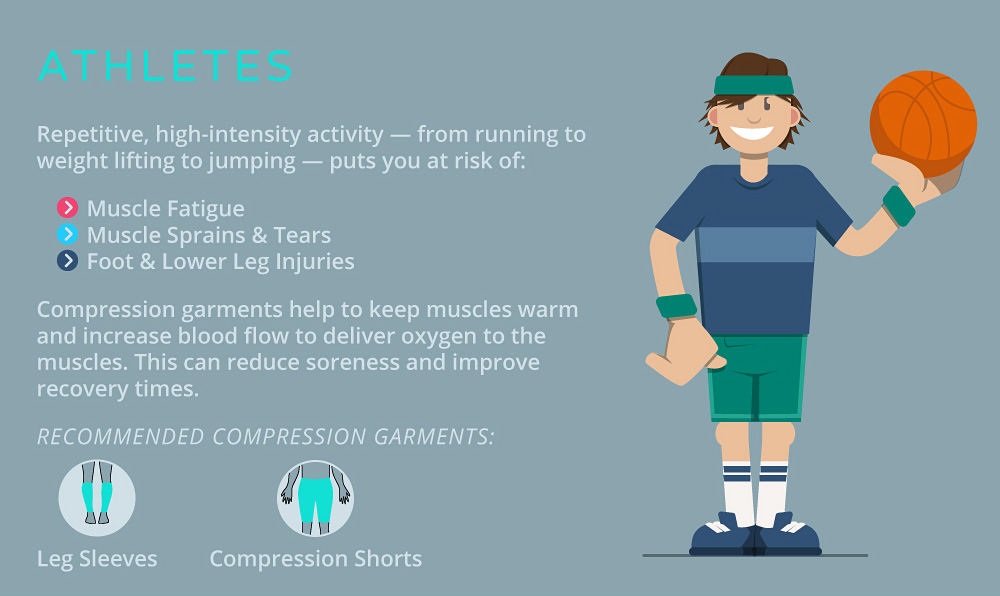
Athletes use compression sleeves, socks, and shorts to improve performance and recovery. Compression therapy:
- Reduces muscle fatigue
- Enhances oxygen delivery to muscles
- Speeds up post-workout recovery
- Lowers the risk of injury and inflammation
4. Travelers and Frequent Flyers
Long flights and road trips can lead to swelling and blood clots (deep vein thrombosis – DVT). Wearing compression socks while traveling encourages blood circulation, reducing the risk of leg discomfort and serious clotting issues.
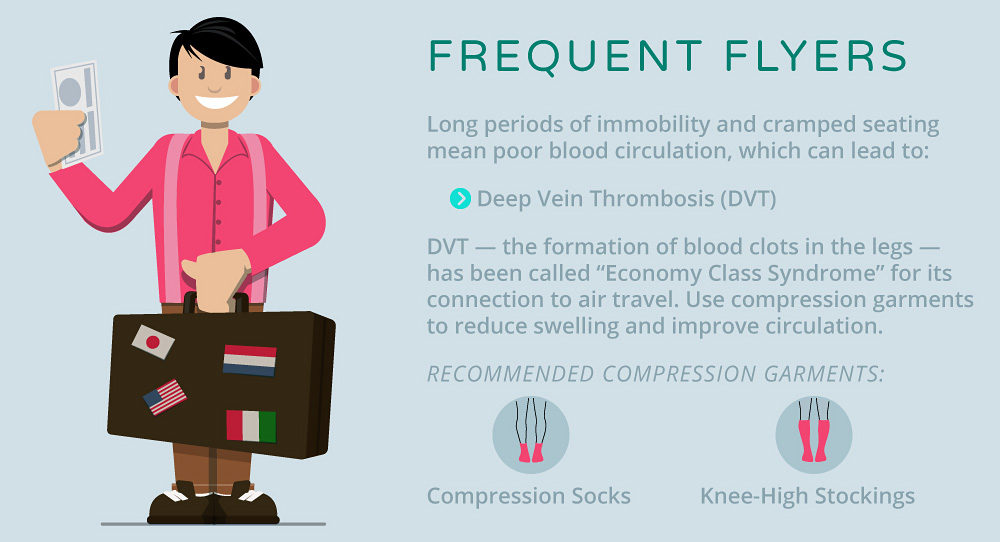
5. Office Workers and Those with Sedentary Lifestyles
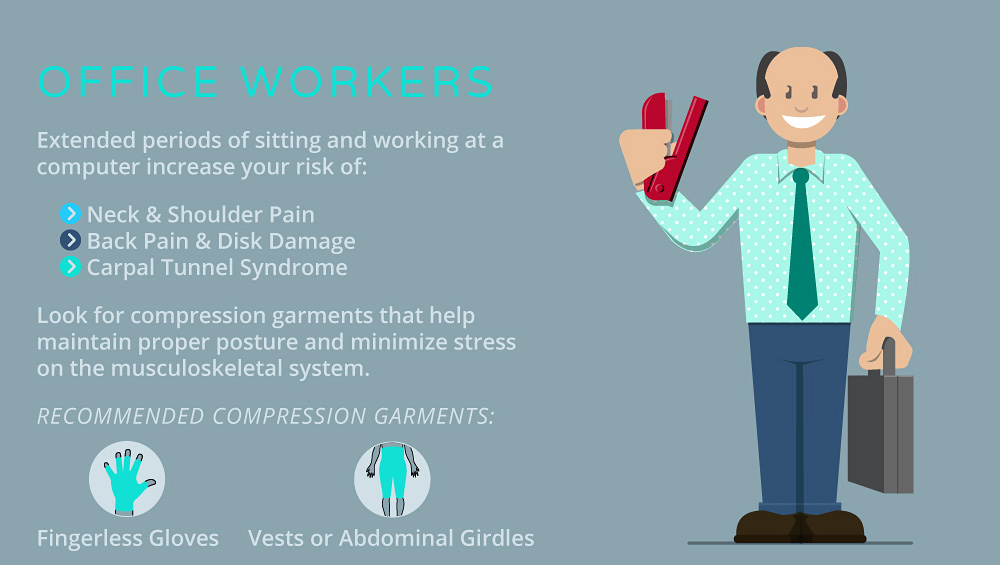
Sitting for extended periods, whether at a desk or while working remotely, can slow circulation. Compression therapy helps:
- Prevent swollen ankles and feet
- Reduce the risk of blood clots
- Keep legs feeling energized throughout the day
6. Healthcare Workers, Retail Employees, and Those on Their Feet All Day
If your job requires prolonged standing—such as in healthcare, retail, or hospitality—you may experience leg fatigue, varicose veins, or swelling. Compression socks and compression leggings can provide relief by improving circulation and reducing discomfort during long shifts.
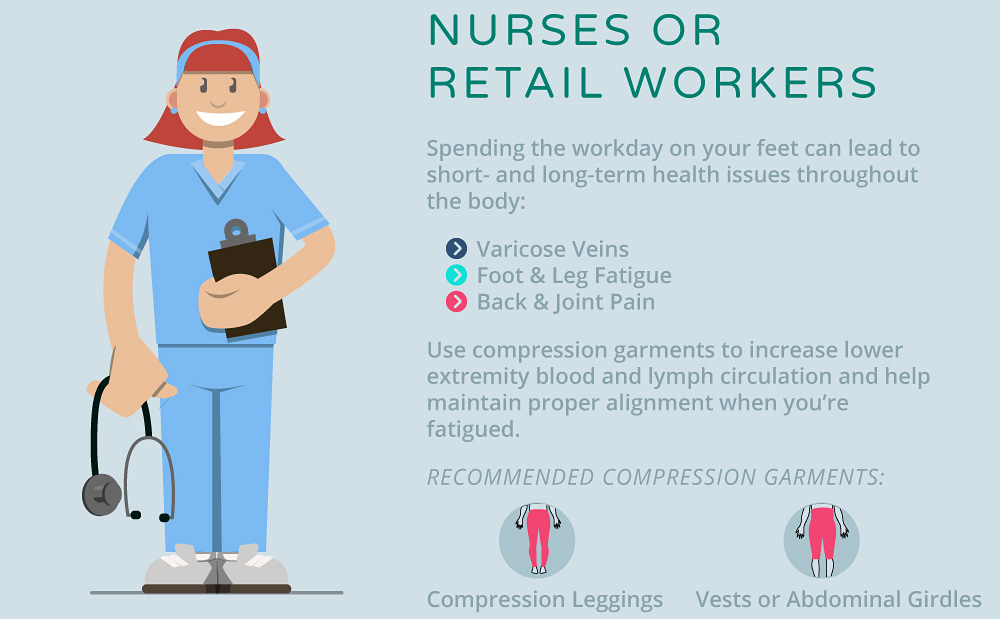
7. Pregnant Women
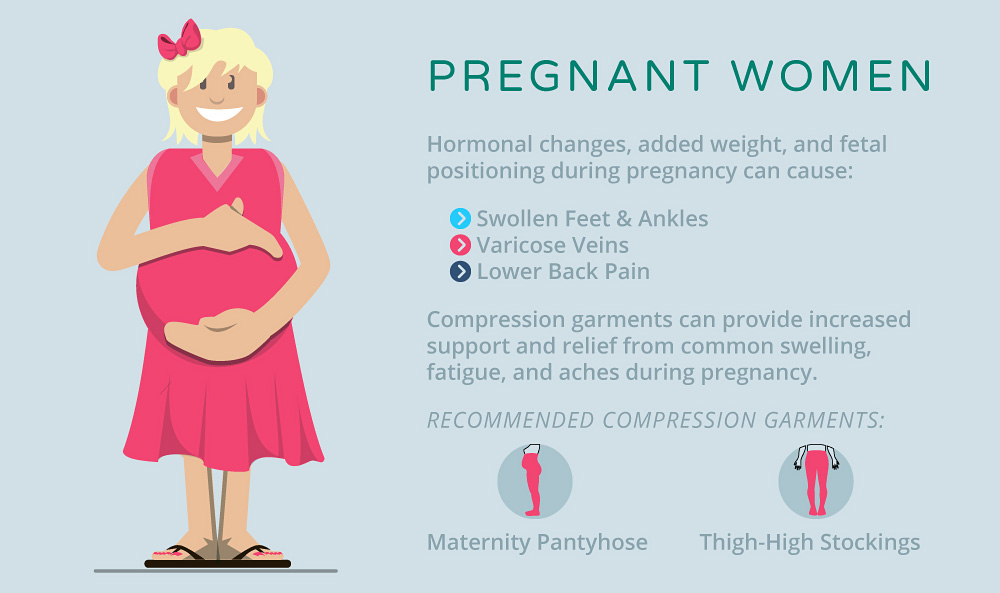
During pregnancy, hormonal changes and increased blood volume can lead to swollen legs, varicose veins, and discomfort. Compression therapy helps by:
- Supporting healthy blood flow
- Reducing leg swelling and fatigue
- Lowering the risk of varicose veins
8. Post-Surgical and Injury Recovery
Doctors often recommend compression garments after surgery or injury to:
- Reduce swelling and inflammation
- Prevent blood clots
- Support healing tissues
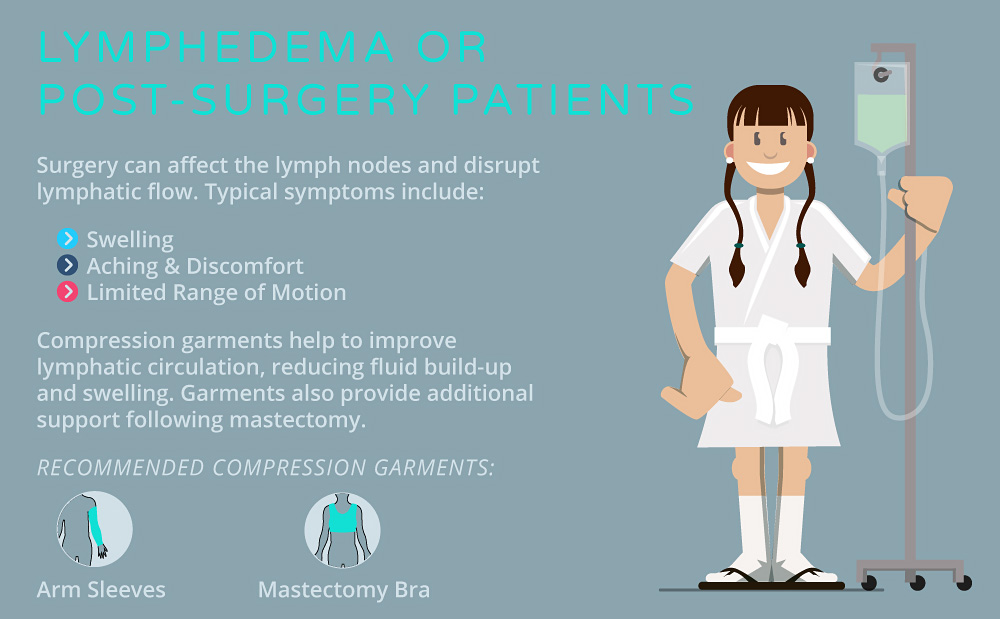
Is Compression Therapy Right for You?
Compression therapy isn’t just for medical conditions—it’s a powerful tool for better circulation, reduced fatigue, and overall wellness. Whether you’re an athlete, an office worker, a traveler, or someone dealing with chronic swelling, compression garments can enhance your daily life.
To learn more about how compression therapy works, check out the full infographhttps://www.lymphedemaproducts.com/blog/benefit-compression-therapy/ic at Lymphedema Products Blog!

